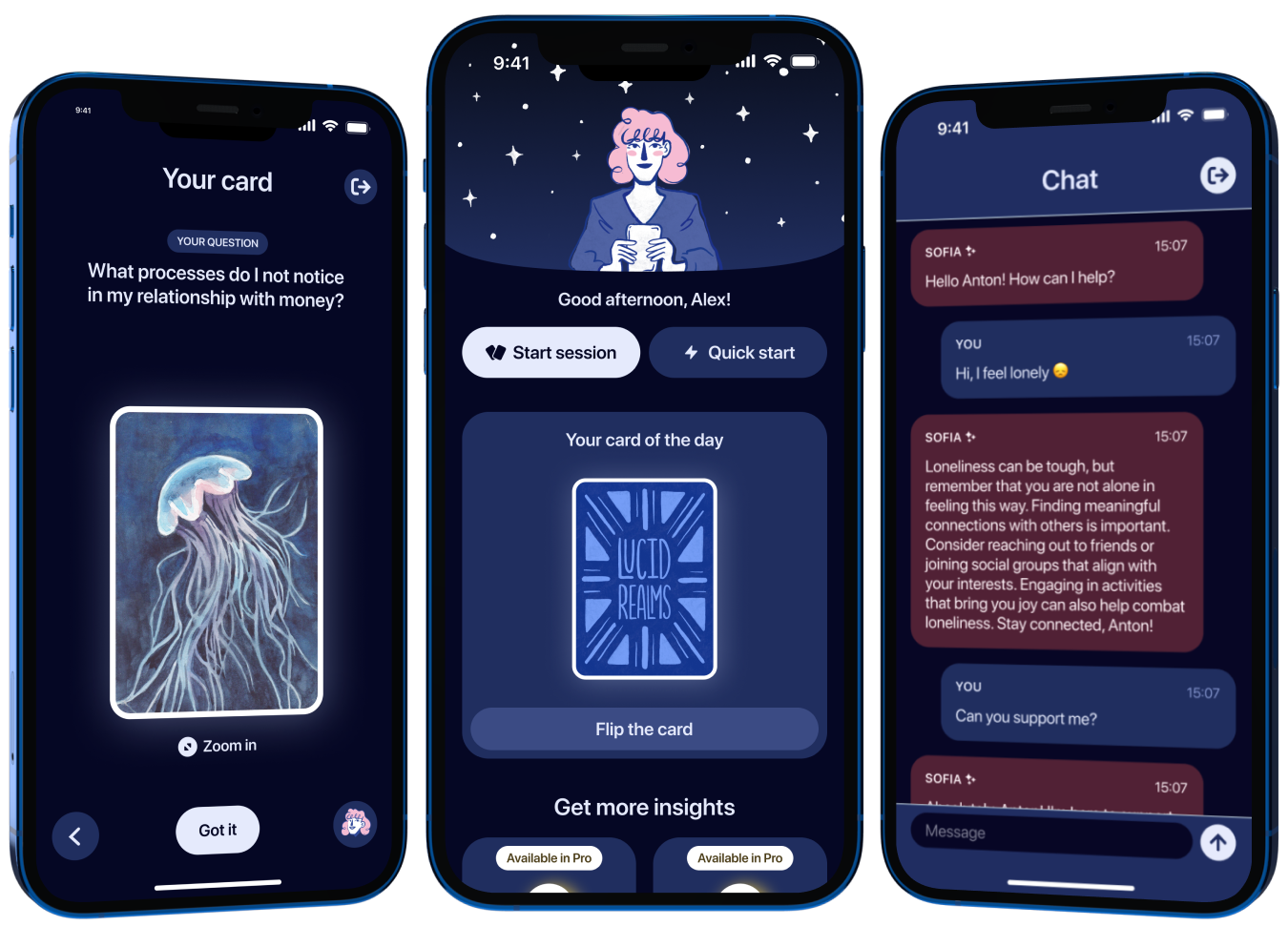We use cookies to give you a tasty experience!
Cookie Settings
We use cookies and data to:
Deliver an excellent service
Track outages and issues
Protect against spam, fraud and abuse
Measure site statistics to enhance the quality of our services
By continuing to browse our site, you’re agreeing to our use of cookies.
Deliver an excellent service
Track outages and issues
Protect against spam, fraud and abuse
Measure site statistics to enhance the quality of our services
By continuing to browse our site, you’re agreeing to our use of cookies.
The Brain-Behavior Connection: Insights from Neuropsychology
Our thoughts, emotions, and actions originate in the intricate neural networks within our brains. Neuropsychology sheds light on the fascinating link between neurobiology and psychology by examining how our behaviors and mental processes stem from the physical structure of the brain.
In his groundbreaking work, neuropsychologist Alexander Luria demonstrated how fluctuations in brain cell activity could disrupt behavioral reactions and impact how we interact with the world. He identified three key structural-functional blocks in the brain that work together to enable higher cognitive functions like memory, attention, speech, and planning.
The left and right hemispheres also play distinct yet complementary roles, with the left governing logic and language and the right driving creativity and intuition. Although our mental functions are not strictly tied to defined brain regions, they emerge from the connections between diverse areas. This neuropsychological approach emphasizes the brain's striking capacity for plasticity and reciprocal compensation.
A core tenet of Luria's framework is that our perception (gnosis) and our ability to take action (praxis) depend on the coordinated efforts of these three functional blocks. Damage to perceptual areas can lead to agnosia, an inability to recognize familiar objects or people, while damage to motor planning regions causes apraxia, impairing the performance of learned actions.
Luria demonstrated how abnormalities in the frontal lobes could disrupt thought and behavior. Our interactions with the world directly reflect the structural-functional integrity of the neural networks in our cortices. By understanding these brain-behavior relationships, neuropsychology enables us to modify maladaptive responses and support psychological well-being.
The health of our individual neurons is intrinsically tied to our overall functioning. Neuropsychology highlights how our private, inner world relates to the greater world around us through the medium of the brain. Unlocking the mysteries of these micro-macro links remains a fascinating frontier filled with possibilities.
In his groundbreaking work, neuropsychologist Alexander Luria demonstrated how fluctuations in brain cell activity could disrupt behavioral reactions and impact how we interact with the world. He identified three key structural-functional blocks in the brain that work together to enable higher cognitive functions like memory, attention, speech, and planning.
The left and right hemispheres also play distinct yet complementary roles, with the left governing logic and language and the right driving creativity and intuition. Although our mental functions are not strictly tied to defined brain regions, they emerge from the connections between diverse areas. This neuropsychological approach emphasizes the brain's striking capacity for plasticity and reciprocal compensation.
A core tenet of Luria's framework is that our perception (gnosis) and our ability to take action (praxis) depend on the coordinated efforts of these three functional blocks. Damage to perceptual areas can lead to agnosia, an inability to recognize familiar objects or people, while damage to motor planning regions causes apraxia, impairing the performance of learned actions.
Luria demonstrated how abnormalities in the frontal lobes could disrupt thought and behavior. Our interactions with the world directly reflect the structural-functional integrity of the neural networks in our cortices. By understanding these brain-behavior relationships, neuropsychology enables us to modify maladaptive responses and support psychological well-being.
The health of our individual neurons is intrinsically tied to our overall functioning. Neuropsychology highlights how our private, inner world relates to the greater world around us through the medium of the brain. Unlocking the mysteries of these micro-macro links remains a fascinating frontier filled with possibilities.





